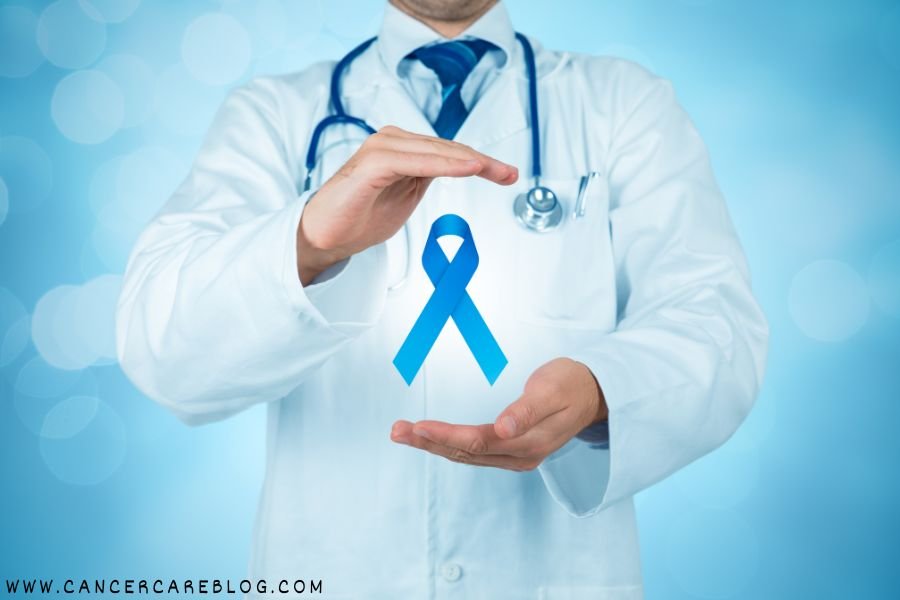Finding out you have cancer is overwhelming. You hear the word “diagnosis” and suddenly, everything changes. Fear, confusion, and a hundred questions start running through your mind.
I’ve spoken to people who’ve been there. And while I’m not a cancer patient myself, I’ve learned how powerful it can be to ask the right cancer questions after your diagnosis. It gives you a sense of control in a moment that feels completely out of your hands.
This article is here to help you—or someone you love—prepare for that conversation with your doctor. Bring a notebook, bring a friend, and don’t be afraid to ask anything. You deserve answers.
First: Don’t Be Afraid to Ask Questions
Doctors are there to help. And while medical terms can be confusing, you have every right to ask for simple explanations. You’re not “bothering” anyone. This is your health. Your life.
Cancer Questions to Ask After a Cancer Diagnosis
Let’s break it down into the most important categories.
Understanding Your Cancer
Start with the basics. You’ll want to understand what’s happening in your body.
-
What type of cancer do I have?
-
What is the stage and grade of my cancer?
-
Has the cancer spread? If so, where?
-
What caused it, if anything?
-
Is this a fast-growing or slow-growing cancer?
This helps you understand how serious it is and what the next steps may look like.
Understanding Your Cancer Diagnosis Report
The words in your pathology or imaging report can be confusing. Ask your doctor to explain it clearly.
-
Can you explain my cancer diagnosis report in plain English?
-
What does each part of my report mean?
-
Can I get a copy of the report?
Don’t leave without understanding what was found—and how they found it.
Planning Your Cancer Treatment
This is one of the most important parts of your journey. You’ll want to understand your options.
-
What are my cancer treatment options?
-
Which treatment do you recommend and why?
-
What’s the goal of this treatment? (Cure, control, or symptom relief?)
-
How soon do I need to start?
-
How long will treatment last?
Some treatments are aggressive. Others are more gentle. What’s right for you depends on your diagnosis, your age, and your body.
Side Effects and Life During Treatment
Life changes during cancer treatment. You’ll want to prepare for what’s ahead.
-
What are the common side effects of this treatment?
-
Will I lose my hair? (If applicable)
-
Will I be able to work or take care of my family?
-
Can I drive after treatment?
-
How will treatment affect my appetite, sleep, or mood?
Ask what support is available—like a dietitian, counselor, or nurse navigator.
Monitoring Progress
During treatment, doctors check how well it’s working.
-
How will we know if the treatment is working?
-
What tests will I need and how often?
-
If it’s not working, what happens next?
You have the right to know how success is measured.
Second Opinions and Alternatives
It’s okay to get another opinion. It’s not rude—it’s smart.
-
Should I get a second opinion?
-
Are there clinical trials available for my cancer type?
-
Are there alternative or complementary treatments?
Some people combine standard treatment with natural therapies. Just ask your doctor before trying anything new.
Financial Questions
Cancer treatment cost in the U.S. can be high. It’s okay to talk about money.
-
What will this treatment cost?
-
Is it covered by insurance?
-
Are there programs that can help with co-pays or medications?
-
Can I speak with a financial counselor?
Worrying about bills can add stress. Get help early if needed.
After Treatment Questions
What comes after treatment is just as important.
-
What are the chances the cancer will come back?
-
What symptoms should I watch for after treatment?
-
How often will I need follow-up tests?
-
How long until I can get back to normal life?
Also ask about long-term side effects. Some may show up months or years later.
Emotional and Mental Health Support
A cancer diagnosis affects more than just your body. Ask about support for your mental health too.
-
Can I talk to a counselor or therapist?
-
Are there support groups for people with my type of cancer?
-
How can I explain this to my family or children?
There is strength in asking for help. You don’t have to go through this alone.
Final Thoughts
Getting a cancer diagnosis is scary. But questions are power. Every question you ask helps you understand, prepare, and take control.
Bring someone with you to appointments if you can. Take notes. Ask doctors to slow down or explain things again. This is your journey—and you deserve clear answers every step of the way.
Remember: there are no wrong questions. Only the ones you didn’t ask.



